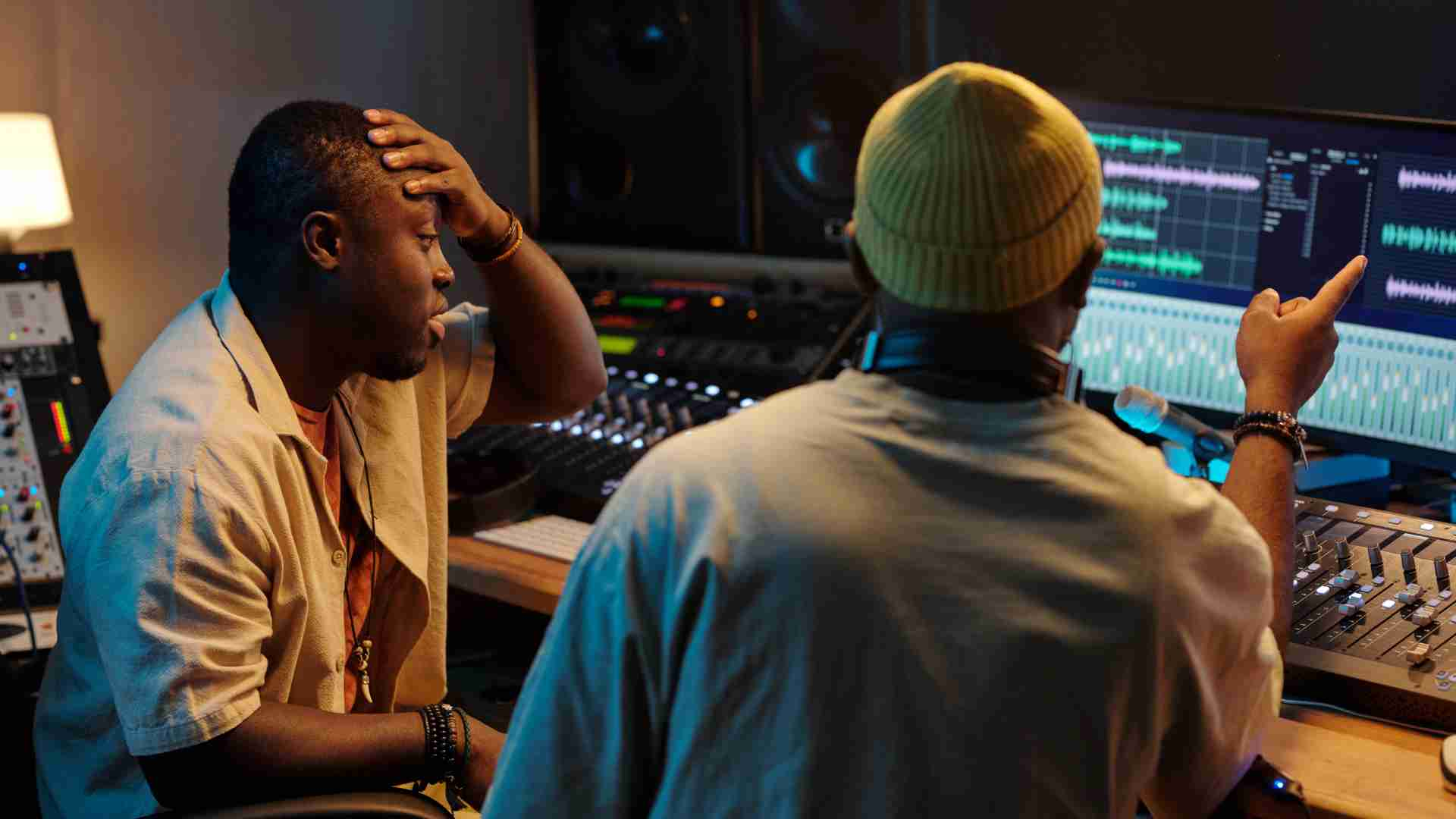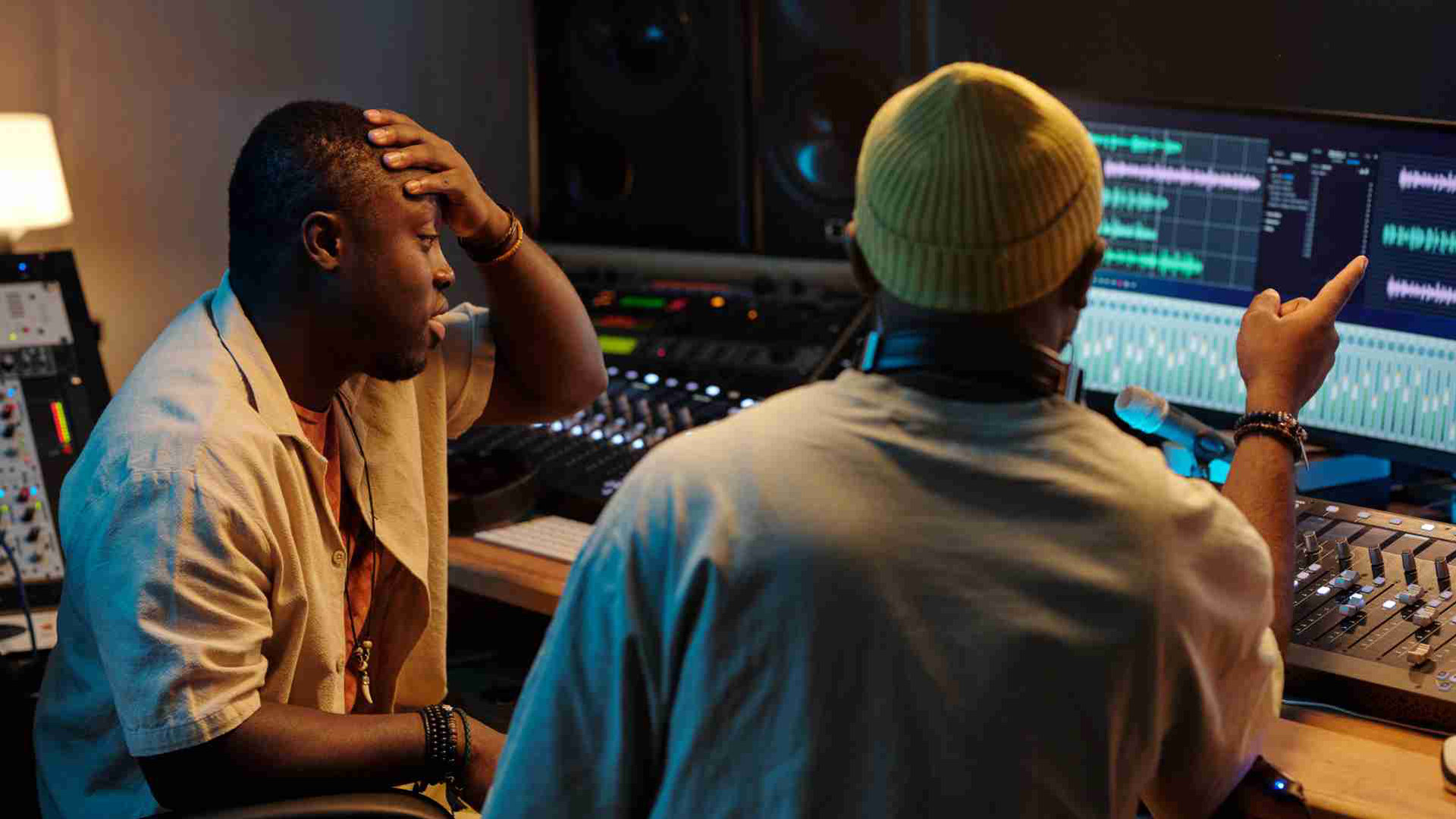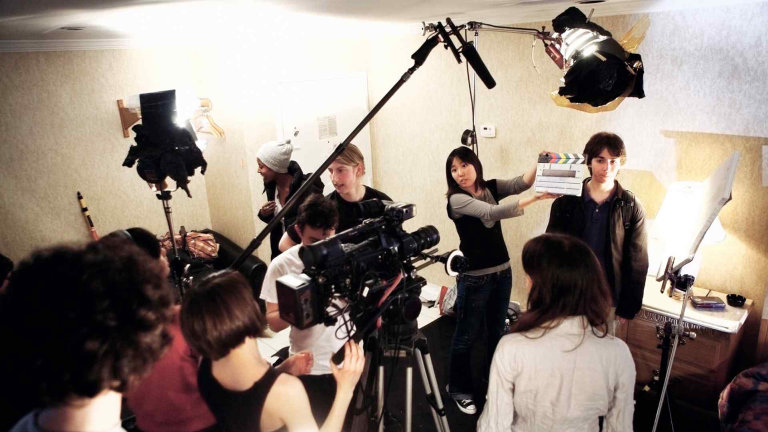
Feedback is one of the most valuable tools for growth, yet many emerging artists either avoid it or take it too personally. Learning how to ask for, process, and apply constructive criticism can accelerate your development and turn potential weaknesses into strengths.
1. UNDERSTAND WHY FEEDBACK MATTERS
Music is emotional, but it is also a craft. What feels powerful to you may not land the same way with listeners. Honest feedback helps bridge that gap.
- Understand how others perceive your sound, lyrics, and performance
- Identify strengths and weaknesses you may not notice
Growth happens when you learn to listen objectively.
2. CHOOSE THE RIGHT PEOPLE
Not all feedback will help you grow. The most useful feedback comes from people who understand your goals.
- Fellow musicians can point out technical details
- Producers can help with arrangement and mix
- Fans can share emotional reactions
A few thoughtful opinions are more valuable than a flood of conflicting ones.
3. ASK SPECIFIC QUESTIONS
Guide listeners toward what you want to learn.
- Do the vocals feel balanced with the instruments?
- Does the chorus grab your attention?
- What emotion does the song make you feel?
4. SEPARATE YOURSELF FROM THE WORK
Critique is not a reflection of your worth as an artist. Feedback is about improving the song, not judging you personally.
Detach ego and focus on the creative process.
5. LOOK FOR PATTERNS
If multiple people mention the same issue, it is likely real.
- Weak lyrics
- Muddy mixing
- Awkward transitions or pacing
Patterns help prioritize improvements that will make the biggest impact.
6. TEST BEFORE RELEASING
Before publishing publicly, share a near-final version with a small, trusted group.
- Listen to reactions without defending your choices
- Small adjustments can dramatically improve the final result
7. LEARN HOW TO GIVE FEEDBACK TOO
Giving critique strengthens your own artistic skills. Understanding why something works or does not work sharpens your instincts.
It helps you better evaluate your own creations.
8. BALANCE CONFIDENCE WITH OPENNESS
Do not ignore all criticism or blindly accept every suggestion.
Confidence protects your artistic identity, while openness fuels growth.
9. APPLY, REFLECT, AND REPEAT
After making improvements, take a moment to reflect on progress.
- What improved?
- What did you learn about your strengths?
- Which areas still need work?
Growth is a cycle: create, share, reflect, refine.
10. BUILD A SUPPORTIVE CIRCLE
Surround yourself with artists who challenge and uplift you. Engage with music communities where helpful feedback is part of the culture.
Constructive feedback is not about judgment. It is a tool for discovery. Growth begins when you stop asking, “Is this good enough?” and start asking, “How can I make it better?”






